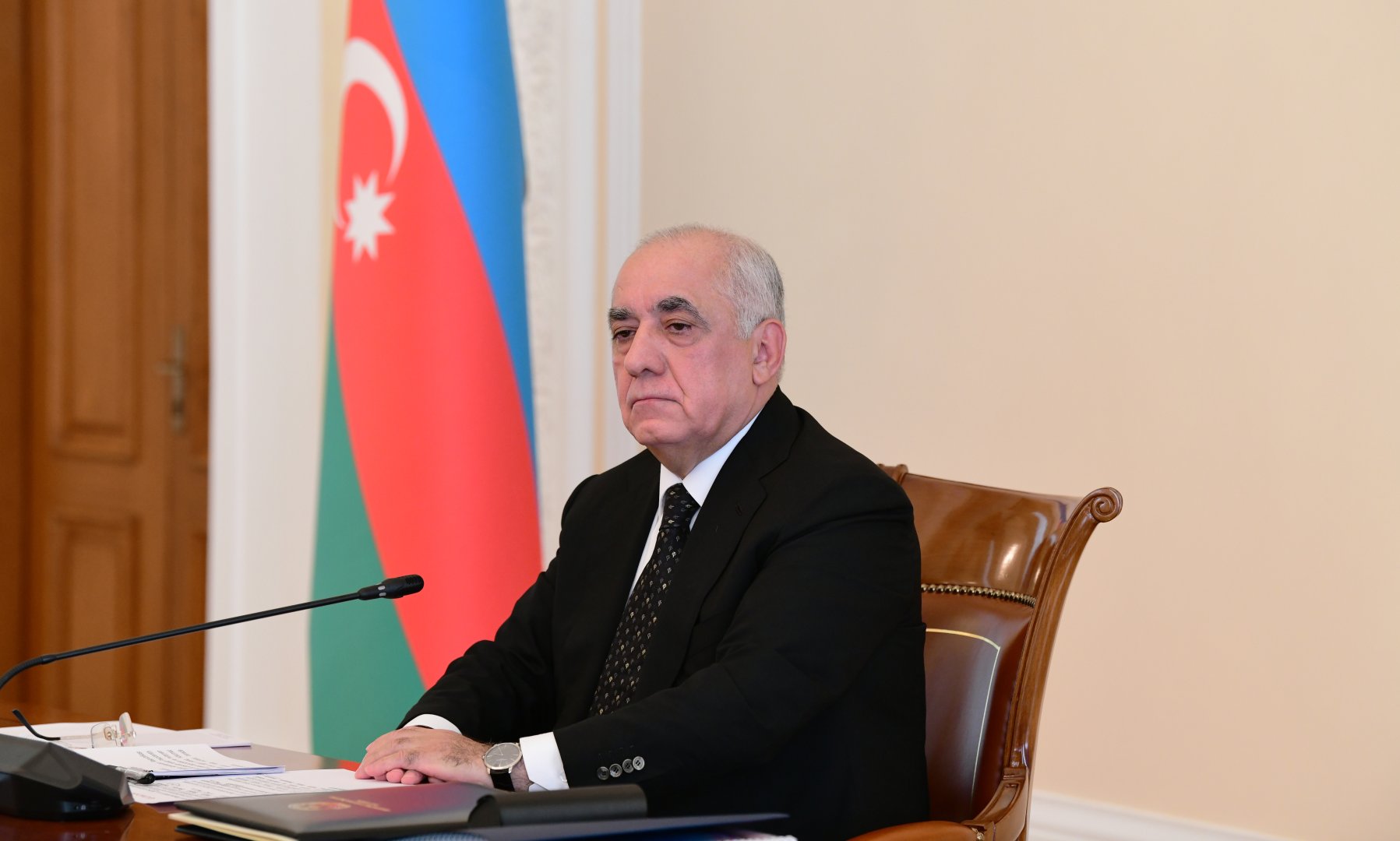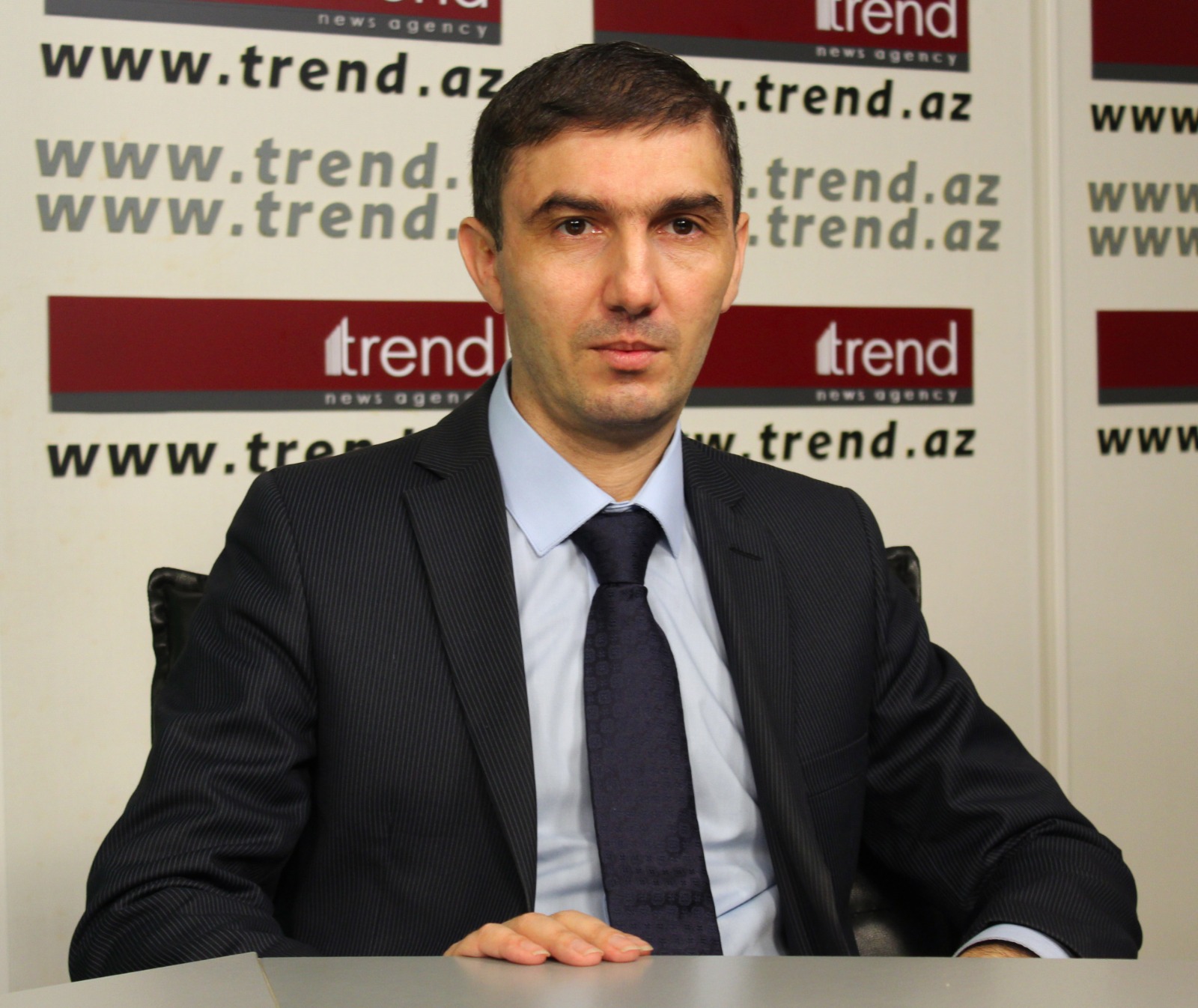BAKU, Azerbaijan, September 24. Despite growing global geopolitical tensions, price volatility in international commodity markets, and growing debt and budget deficits in the world's countries, macroeconomic and financial stability has been ensured in Azerbaijan, Prime Minister Ali Asadov said, Trend reports.
He made the statement during his speech in the Cabinet of Ministers at the discussion of the draft state budget and consolidated budget for 2025 and indicators of the consolidated budget for the next three years, the concept and forecast indicators of economic and social development for 2025 and the next three years.
He noted that over the past period of the current year, as a result of a favorable external environment and successful implementation of the “Strategy of Socio-Economic Development for 2022-2026,” the country has seen a continuation of economic activity, including positive growth rates in all areas of the non-oil and gas sector.
“In 8 months, the gross domestic product grew by 4.3 percent, including in the non-oil sector by seven percent. While the non-oil industry recorded a growth of 7.8 percent. Currently, the country's strategic foreign exchange reserves exceed $73 billion. This figure means 100 percent of the expected GDP at the end of the current year and is almost 14 times higher than the external public debt. The level of direct external public debt is low. This indicator was $5.3 billion, or 7.5 percent of GDP, as of September 1.
Relative reduction and stabilization of food prices worldwide and their impact on import prices, maintenance of equilibrium in the foreign exchange market, and strengthening of the nominal effective exchange rate of the manat caused low inflation. Among other things, the implementation of the relevant action plan approved by us contributes to the adoption of anti-inflationary measures. The average annual inflation for eight months of 2024 amounted to 1.3 percent, and annual inflation amounted to 3.5 percent. Over the past period, the 2024 state budget was revised due to positive macro-fiscal indicators, favorable prices in global energy markets, balance of payments surplus, and additional revenues to the state budget. Consequently, budget revenues increased by 2.2 billion manat ($1.2 billion) and budget expenditures by 3 billion manat ($1.7 billion).
The revised budget made it possible to finance several additional expenditures necessary to strengthen the country's defense capability and security, to implement the state program “Great Return," and to organize events of international importance.
The program of medium-term expenditures for 2025 and the next three years has been developed taking into account the current external and internal macroeconomic environment, the main directions and objectives of the budget policy, the objectives of the budget rule, and macroeconomic forecasts,” he said.
Stay up-to-date with more news on Trend News Agency's WhatsApp channel







